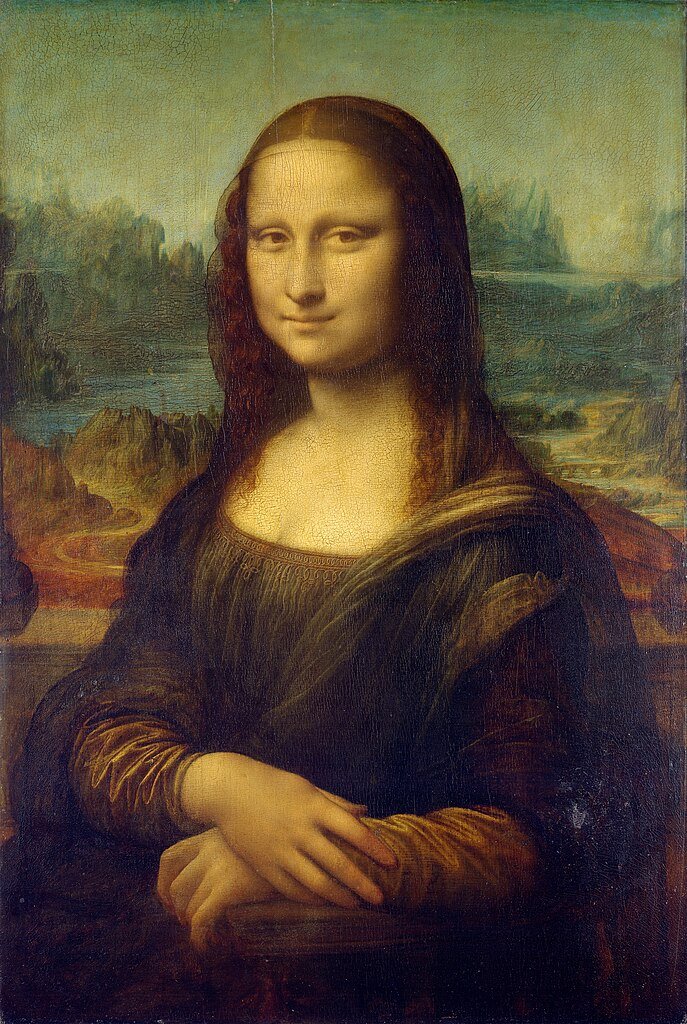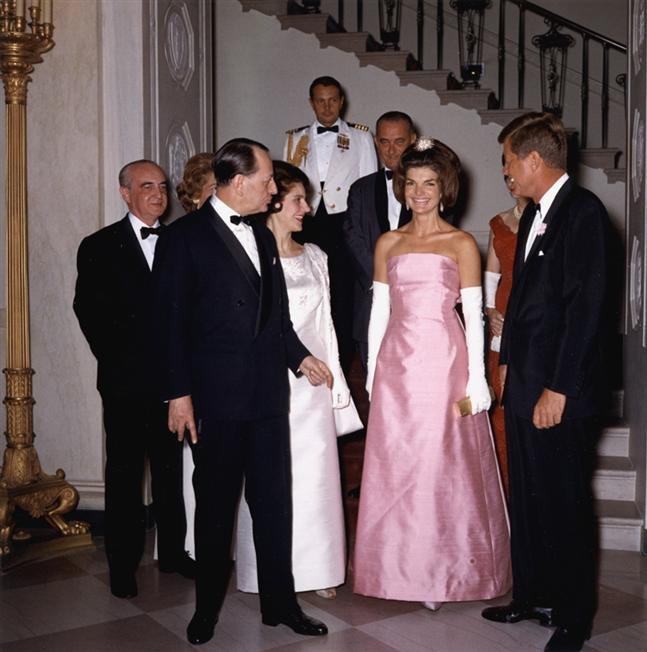These days, everyone is making closing arguments — Vice President Kamala Harris, former President Donald J. Trump, comedian Jimmy Kimmel of ABC’s “Jimmy Kimmel Live!” — as if we the people were we, the jury, which I suppose we are. I might as well make one as well.
Read MoreJ.W. Waterhouse’s “Echo and Narcissus” (1903, oil on canvas). Courtesy Walker Art Gallery. Narcissus falls in love with his reflection not because he has an inflated sense of self but because he has no strong, healthy core identity. These days, he is too much with us.






